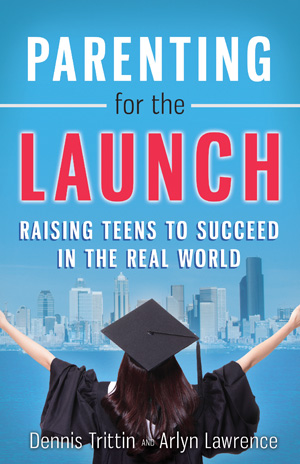Teach Your Teen to be Smart about Technology Use
9/21/2016 1:09:08 AM
As parents, educators, mentors ,and coaches, most of us have noticed something about the teens and young adults we work with daily: THEY’RE GLUED TO THEIR PHONES!
We’ve probably all said it: “Back in my day, we didn’t even have cell phones…” And yes, that’s the truth. And we did just fine! However, it’s important to acknowledge the element of connectedness that millennials and the following generations possess. Thanks to the advancement of technology—most notably social media and smart phones—teens are able to be more in touch than ever and engage in the world around them in a way that was never possible for us. The sense of community and camaraderie that is fostered from this connectedness is pretty amazing!
That being said, it’s vital the teens in your life know that there’s a time and a place (and an amount!) for technology, social media, and smart phone use. Although it has many benefits, technology has some downsides that we need to consider. We should be considering these “cons,” so to speak, for the social, psychological, and physical health of our younger generation.
Here are some factors to ponder:
- We text or email rather than talk. This is having significant consequences on communication skills—ask any college professor or employer. We now have a bull market in remedial reading and writing programs, and many young people are having difficulty carrying on conversations with adults.
- Our lives are more distracted because of our numerous interruptions (a text message, a new Facebook message, an Instagram comment, an event reminder, an e-mail, etc.) and our attention spans have shrunk.
- Kids spend less time using their imaginations, reading, and being active.
- We lose the ability to read body language and social cues in other people.
- Our waistlines are growing as we’ve become more sedentary.
- We sleep poorly, as online activities keep us up too late and the constant stream of information makes it difficult to turn off our brains. Also, staring at a screen before bedtime can mess up our internal clock and make sleep more difficult.
- We are being consumed by “busyness” and it is affecting our responsiveness to true priorities, such as family togetherness, activity, spirituality, service, etc.
Funny, I don’t recall seeing warning labels about these side effects when I purchased my smart phone!
I know I’m probably sounding like Fred Flintstone, but I believe there’s some middle ground. When I hear about car accidents occurring because of drivers’ texting, or when I observe my daughter and her friends’ texting when they’re supposed to be enjoying each other’s company, I think the pendulum may have swung too far.
Here are some ways you can encourage the young people in your life to be smart about technology use. Let’s help them (and us!) find that middle ground:
- Strongly consider setting technology-free hours within your home. For example, between the hours of 6pm and 7 pm for dinner, and from 9pm or 10pm until morning.
- Parents, place limits on the amount of time your children spend on technology each day. Be on guard for any collateral damage from technology use (e.g., relationships, communication, productivity, motivation, attention spans, irritability).
- Lead by example, and show the teens you know how to enjoy life’s special moments without their phone. Go for a walk and enjoy good conversation (no need to post a filtered Instagram shot of the scenery!). Go outside and play volleyball or basketball or kick-the-can. Go for an all-day hike on the weekend, and challenge everyone to leave their phones alone the entire time.
- Disengage from phone use when you’re together at coffee shops, restaurants, and the like. All-too-often I’ve seen parents as phone addicted in public as their kids. Isn’t this supposed to be “quality time?”
- If you’re a teacher, make sure your classroom is a phone-free zone. Encourage practices that help strengthen your students’ creativity, activity, and resourcefulness.
Remember that time is a precious asset and that relationships are designed to be personal. Your brain was designed to be active. Your body was designed to move. Don’t let your electronic devices interfere with any of that!
Tagged as: technology, life perspective, parenting, teens, millennials, cell phones, social media



















